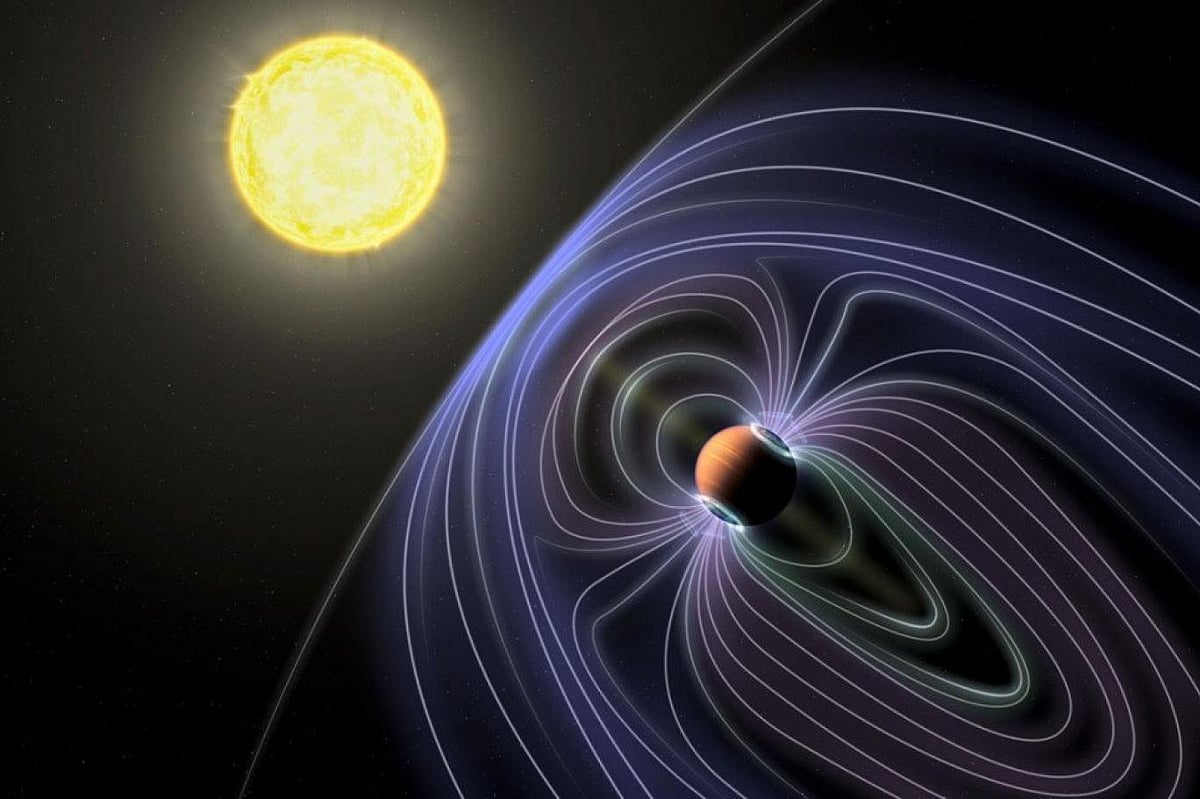Washington: An international team of scientists has collected the first possible radio signal from a planet beyond our solar system, emanating from an exoplanet system about 51 light-years away.
Using the Low Frequency Array (LOFAR), a radio telescope in the Netherlands, the researchers uncovered emission bursts from the Tau Bootes star-system hosting a so-called hot Jupiter, a gaseous giant planet that is very close to its own sun.
The team led by researchers from the Cornell University in the US also observed other potential exoplanetary radio-emission candidates in the constellation Cancer and Upsilon Andromedae systems.
However, the study published in the journal Astronomy & Astrophysics found that only the Tau Bootes exoplanet system exhibited a significant radio signature, a unique potential window on the planet's magnetic field.
"We present one of the first hints of detecting an exoplanet in the radio realm," said Cornell postdoctoral researcher Jake D. Turner.
"The signal is from the Tau Bootes system, which contains a binary star system and an exoplanet. We make the case for an emission by the planet itself," he said.
If confirmed through follow-up observations, the researchers said, this radio detection opens up a new window on exoplanets and provides a novel way to examine alien worlds that are tens of light-years away.
Observing an exoplanet's magnetic field helps astronomers decipher a planet's interior and atmospheric properties, as well as the physics of star-planet interactions, said Turner.
Earth's magnetic field protects it from solar wind dangers, keeping the planet habitable.
"The magnetic field of Earth-like exoplanets may contribute to their possible habitability by shielding their own atmospheres from solar wind and cosmic rays, and protecting the planet from atmospheric loss," Turner said.
Two years ago, Turner and his colleagues examined the radio emission signature of Jupiter and scaled those emissions to mimic the possible signatures from a distant Jupiter-like exoplanet. Those results became the template for searching radio emission from exoplanets 40 to 100 light-years away.





